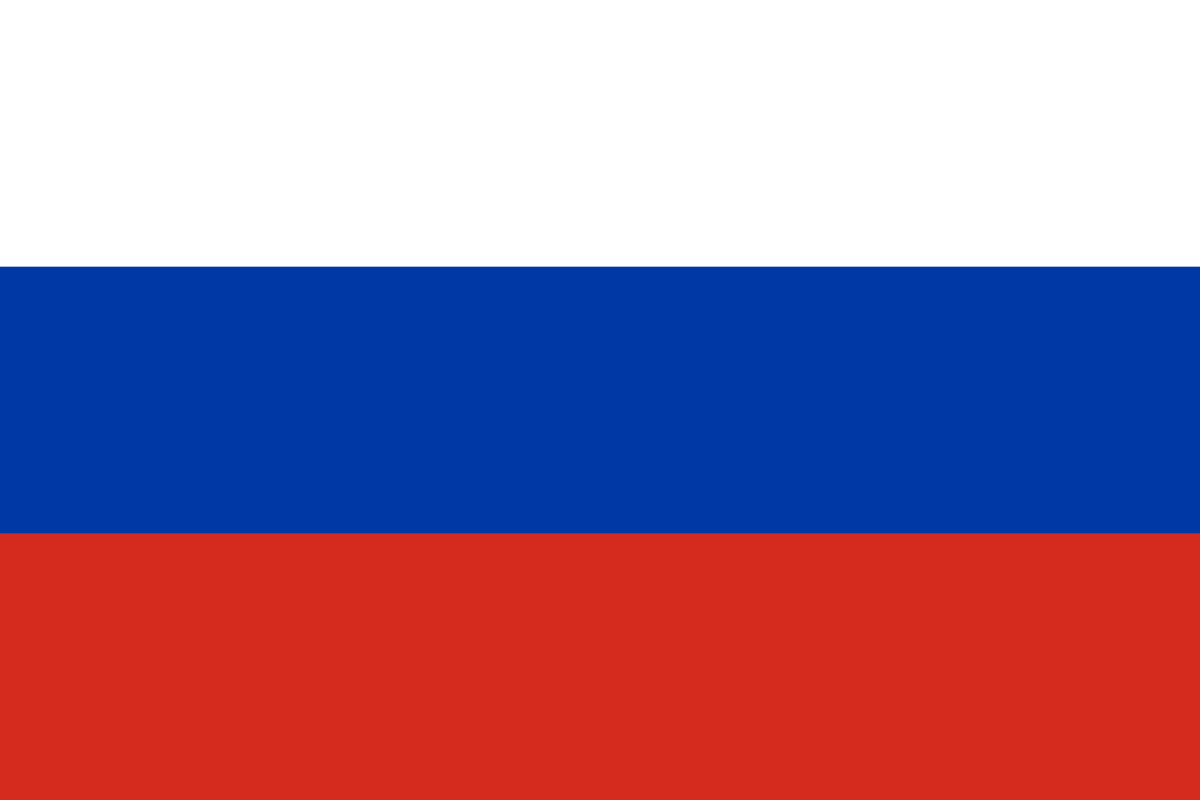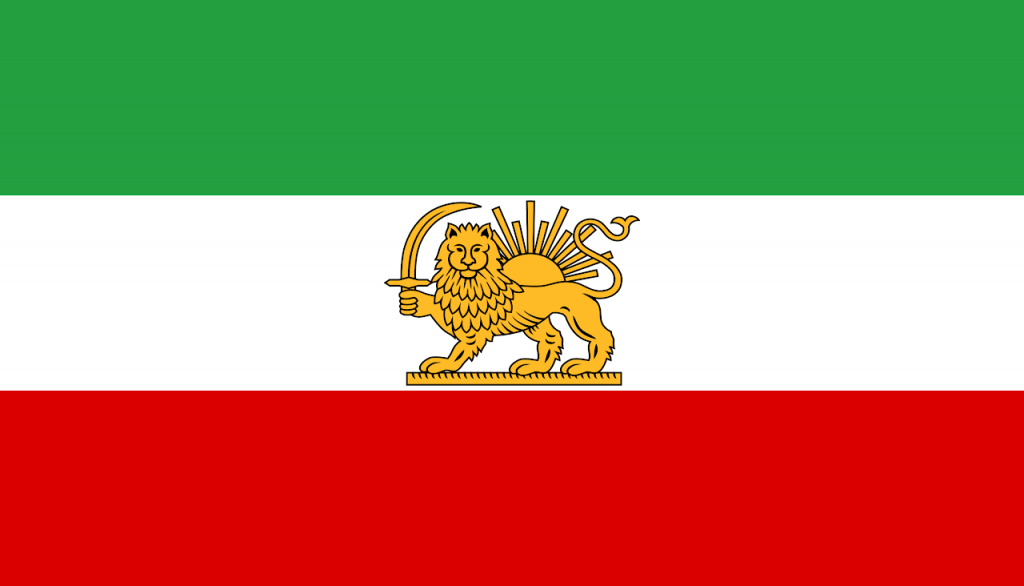
James Carter
Russian government won’t rush into crypto-powered trade with Iran

The Russian government has stated that it is investigating the possibility of using cryptocurrencies in commercial transactions with Iran but that it will not rush into taking any action on the matter.
According to RIA Novosti, Moscow wants to establish a “clear regulatory framework” before it permits Russian companies to conduct business with Tehran in the cryptocurrency sector.
According to the Russian Ambassador to Tehran, Alexei Dedov, who was quoted by the media source, authorities in Moscow and Tehran are currently “in the working stage” of conversations. These discussions are taking place right now. Dedov continued by saying that nothing has been decided upon completely at this point.
Dedov said:
“Both Russia and Iran are mulling over whether or not to open their markets to the usage of digital currencies and digital financial assets (DFAs) in the process of settling international trade transactions. Nevertheless, [the parties] are still working toward obtaining detailed agreements on how to move forward with this situation.”
The acronym “DFA” is a moniker that a number of Russian lawmakers, including those who support Bitcoin, have used to refer to crypto-assets (BTC). Despite this, DFA is frequently confused with digital currencies issued by central banks and stablecoins; this confusion can even be seen in legal documentation.
It is believed that both Russia and Iran would like to move away from using the dollar in their commercial transactions. The countries want to ensure that the imposition of sanctions by the United States does not hinder their capacity to conduct trade with other countries.
Many departments within the Russian government that are focused on the future have been lobbying regulators to open the door for businesses to use cryptocurrencies like bitcoin and ethereum as a form of payment when conducting international business.
Moscow’s attempts to wean the country off of the dollar predate both the conflict between Russia and Ukraine and the sanctions that followed. But the introduction of sanctions has prompted many people, including the Russian ministries of finance and commerce, to push for the legalization of trade that is powered by cryptocurrencies.
On the other hand, there are conflicting opinions regarding this issue in Moscow. The concept of allowing Russian companies to use cryptocurrency is met with opposition from the Central Bank. Its officials are anxious that the tokens gained in trade accords would eventually find their way into the economy of Russia.
Instead, the Central Bank has mandated that all exchanges powered by cryptocurrencies take place within a regulated sandbox, where they are subject to the supervision of the Central Bank.
Allowing businesses to trade freely using cryptocurrencies has been met with alarm from law enforcement, which is concerned that it could lead to money laundering.

What does the future hold for Russia and Iran in crypto-powered trade?
Both Moscow and Tehran appear to be confident that digital tokens now represent the future for their respective exporters, regardless of the path that either city chooses to pursue.
A gold-backed stablecoin designed for use in international trade was discussed by Russian lawmakers and leaders of the cryptocurrency industry one month ago. The coin would be issued jointly by Russia and Iran.
More recently, the heads of state of the BRICS nations (Brazil, Russia, India, and China, as well as South Africa) have reexamined a plan to create a shared stablecoin, which was initially proposed in 2019.
According to Sergey Lavrov, Russia’s Minister of Foreign Affairs, BRICS leaders have agreed to consider the possibility of creating a “single currency” when the group gets together for a summit in August of this year.
In his speech, Lavrov emphasized the importance of “creating [BRICS’] own currency inside the framework of BRICS.”
Latest
Blockchain
21 Feb 2026
Blockchain
13 Feb 2026
Blockchain
07 Feb 2026
Blockchain
06 Feb 2026
Blockchain
05 Feb 2026
Blockchain
03 Feb 2026












